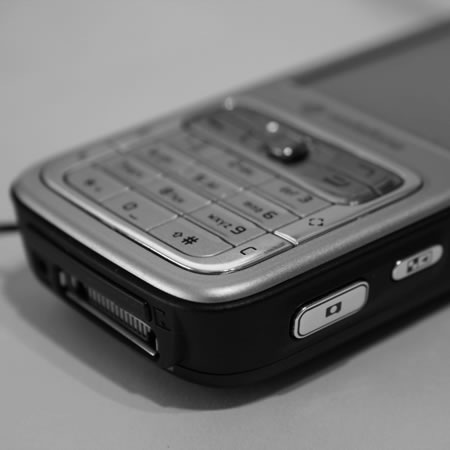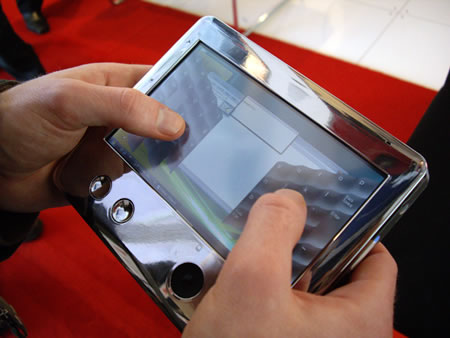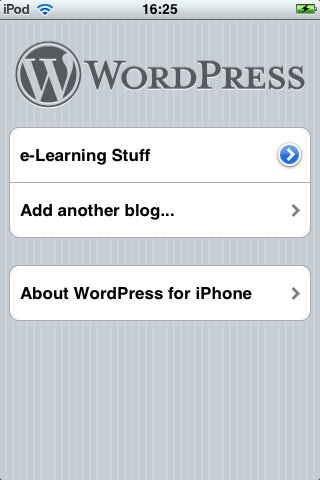Bill Thompson has written an excellent column on the BBC news website.
Suggestions that content-hosting sites like YouTube and Flickr should review material before they were posted were especially ridiculed. Observer columnist John Naughton pointed out that at Flickr, “uploads have been between 1,400 and 4,500 images a minute”, making the task somewhat less manageable than the committee seemed to realise.
But a couple of weeks later telecoms regulator Ofcom has agreed that content delivered to mobile phones should continue to be restricted. It suggested that although the current self-regulatory scheme managed by the Independent Mobile Classification Body is working it could be made a bit stronger in some ways.

Filtering just does not work, as Bill says
web filtering does not work. The filters either let through material that we would like blocked or, far more often, block material that is perfectly acceptable
It annoys me for example that Vodafone Content Control blocks Flickr, but does not block YouTube! One day I must get those blocks removed.
From an FE perspective, filtering though blocks a lot of undesirable content, is more often used to block social networking sites, or video and image sites such as Flickr and YouTube.
I would never say that these sites are free of undesirable content, but wholesale blocking often can remove many potential assets and resources which can be used for learning.
An astute institution will realise that filtering content is only one thing that needs to be done and that educating students on using the web safely is equally if not more important than jsut relying on technological blocks.









